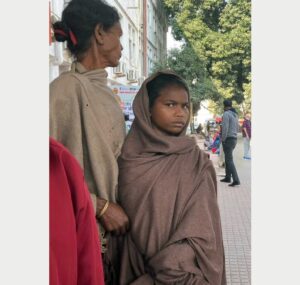
Letters from Palestine: On virtue and resistance during times of war

The genocide in Gaza is estimated to have killed over 47,000 Palestinians over the course of Israel’s fifteen-month-long war on Palestine, until the ceasefire agreement that came into effect in late January 2025. The agreement has finally seen borders opening to allow the entry of hundreds of trucks carrying aid, as well as the return of tens of thousands of displaced people into north Gaza. For the past fifteen months, Palestinians have struggled, endured, and survived. In this Letters from Palestine series, as part of our Watch The Resistance project, The Polis Project is publishing essays on what resistance has meant for Palestinians over the past year: its nature and forms, the challenges it presented, and how they overcame them. In doing so, the series highlights the lives of resilience and life as resistance in Palestine.
The delicate balance of emotions becomes pronounced in extreme circumstances like war. When stripped of security, home, and stability, people face moral dilemmas that test the boundaries of love, need, and survival. We humans are inherently logical creatures, guided by reason to navigate the complexities of life. However, emotions shape our sense of good and evil, swaying us between nobility and depravity. Among the most beautiful of emotions is love—a sublime feeling with the power to overcome human selfishness and inspire acts of altruism. Yet its beauty often conceals hidden peril. In times of adversity, hard decisions made in the name of love may come against one’s better judgment, undermining human ethics by sacrificing moral reasoning. In dire conditions, I have found that people fall into three categories. Some steadfastly adhere to virtue, regardless of their circumstances. Others see ethics as an obstacle to seizing opportunities. And then there’s the…
Related Posts


Donald Trump’s Master Economic Plan I Opinion by Yanis Varoufakis




